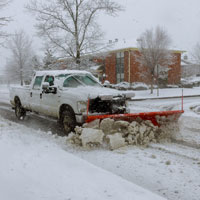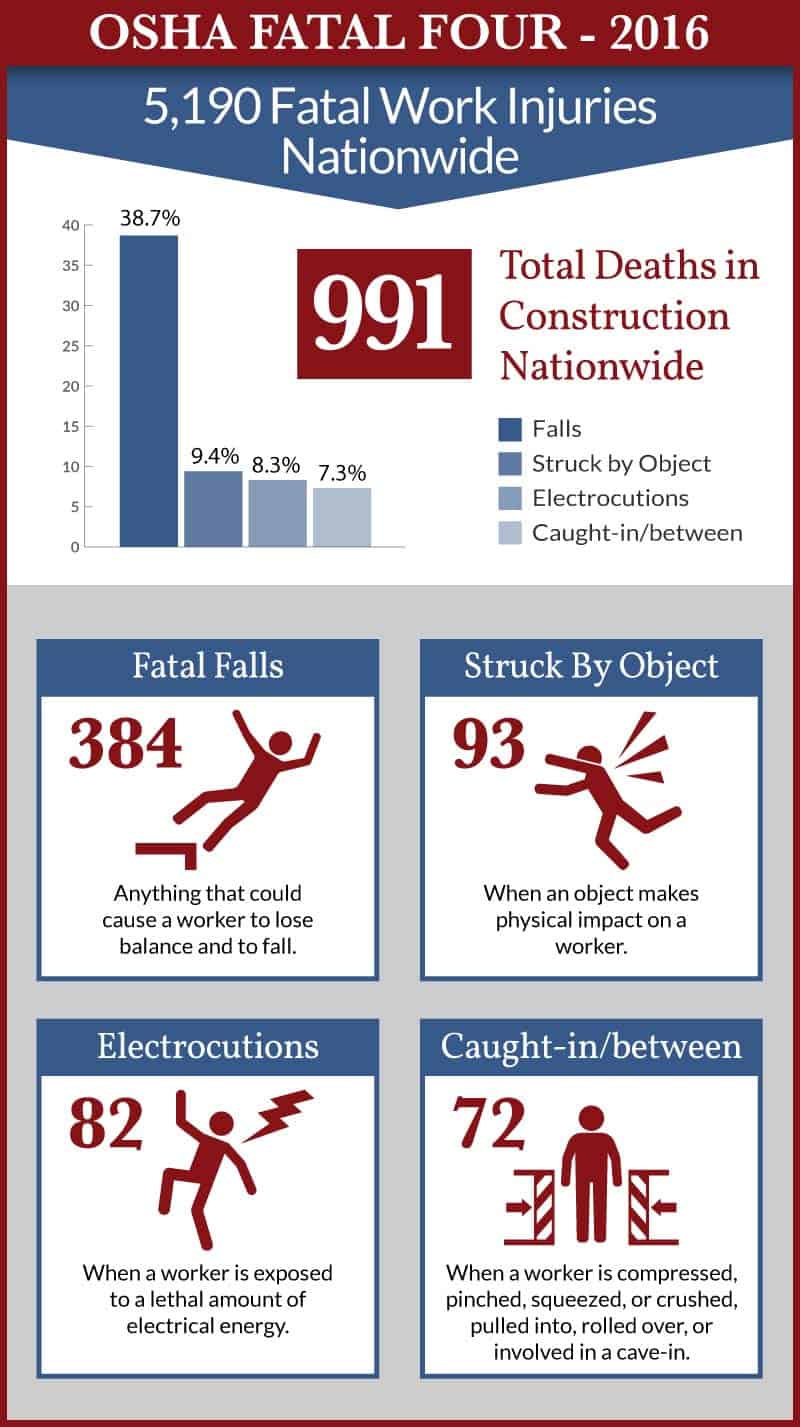Injuries and Illnesses Caused by Cold Weather Conditions
 As the brutal winter months continue, the risk of injury rises for workers exposed to the freezing temperatures. Extreme cold-related illnesses, such as hypothermia, trench foot and frostbite, coupled with the dangers of slips and falls due to ice or snow, are among the many hazards workers face as temperatures drop. Employers and employees alike must be very cautious and prepared to help prevent these emergency situations. If you have suffered an injury or illness caused by the extreme cold, you may be entitled to workers’ compensation benefits.
As the brutal winter months continue, the risk of injury rises for workers exposed to the freezing temperatures. Extreme cold-related illnesses, such as hypothermia, trench foot and frostbite, coupled with the dangers of slips and falls due to ice or snow, are among the many hazards workers face as temperatures drop. Employers and employees alike must be very cautious and prepared to help prevent these emergency situations. If you have suffered an injury or illness caused by the extreme cold, you may be entitled to workers’ compensation benefits.
Common Illnesses and Injuries
The hospitals in the city of Philadelphia experienced a large uptick in weather-related injuries following a snowstorm, according to a study in 2017 by the Philadelphia Department of Public Health. The risk of slips and falls increases dramatically for workers due to untreated surfaces and dangerous working conditions, particularly if workers are unprepared or ill-equipped. “Cold stress” is a medical issue that can be experienced by those who work in cold weather conditions. When the body loses heat rapidly, this could lead to serious health problems.
When the temperatures outside begin to drop, the human body adjusts to transfer heat to its inner core, thus taking heat away from the outer skin and extremities. This process leaves the individual exposed to serious illnesses if left unprotected or unchecked. Common cold weather-induced conditions workers face include:
- Frostbite: usually affecting the body’s outer extremities, such as fingers, ears and toes, frostbite occurs at cold temperatures when the skin and tissue beneath freezes, and can ultimately lead to amputation if not treated.
- Hypothermia: a condition that occurs when the body temperature drops below 95 degrees Fahrenheit. Body heat is lost faster than it can be regained, and, although is normally associated with freezing temperatures, hypothermia can also occur above 32 degrees Fahrenheit if the body is chilled by water.
- Trench foot: a medical condition characterized by decaying tissue in the foot or feet due to lengthened exposure to cold or wet conditions, where the body cuts off blood flow to the feet in attempt to stop loss of heat.
Methods to Treat or Prevent Cold Weather-Related Illnesses or Injuries
Proper training, equipment and safety plans must be used by employers to help ensure the safety of their workers. Employers are responsible to educate their employees on safe practices and possible hazards they could face during the winter months. Safe work practices, proper dress and safety education are just a few methods that can help prevent cold temperature injuries and illnesses. Employers and employees alike should also be aware of the symptoms of cold stress and cold weather illnesses and the appropriate use of first aid treatment to help protect the health and safety of those in exposed, cold weather conditions.
Philadelphia Workers’ Compensation Lawyers at Freedman & Lorry, P.C. Can Help You Collect Benefits for Cold Weather Illnesses or Injuries
If you have suffered an occupational illness or injury due to prolonged exposure to the winter elements, the experienced Philadelphia workers’ compensation lawyers at Freedman & Lorry, P.C. can assist you in collecting lost wages and other workers’ compensation benefits. Call 888-999-1962 or contact us online to arrange a free consultation today. tWe proudly represent injured workers in the areas surrounding our offices in Philadelphia, Cherry Hill, New Jersey, and Pinehurst, North Carolina.
